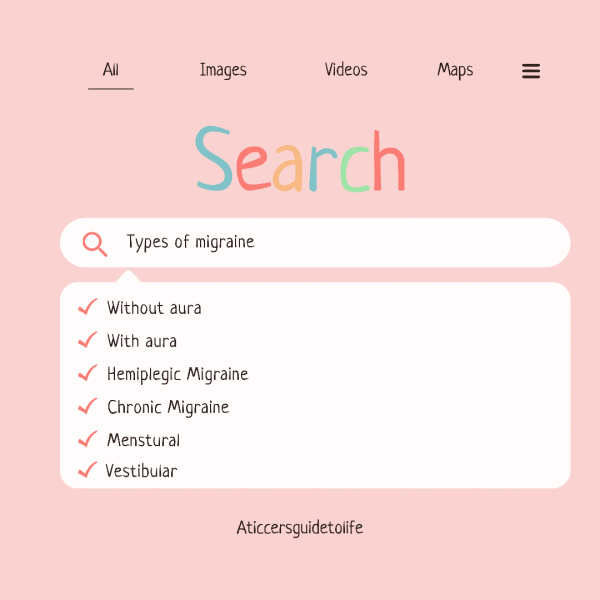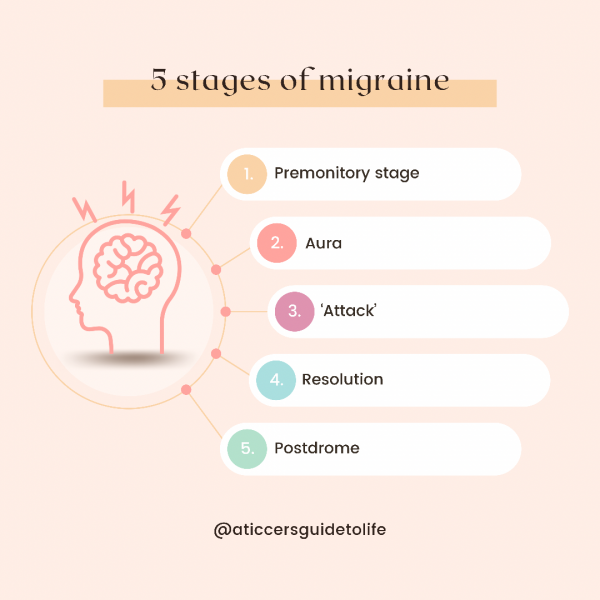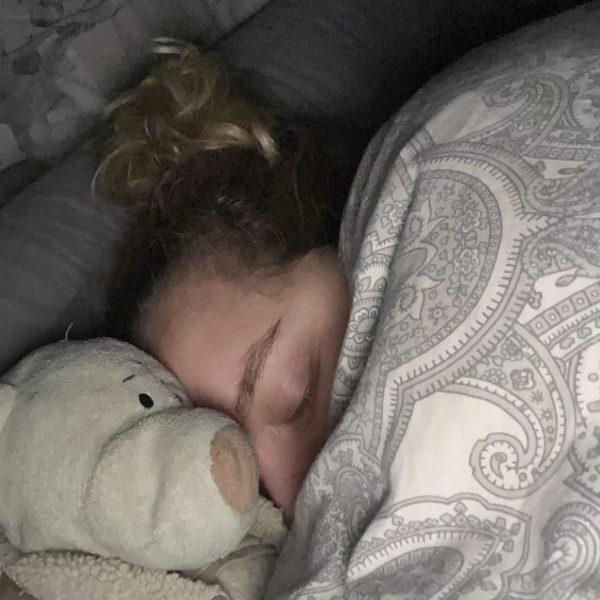
* This post is written by one of our volunteer content creators. *
It’s Migraine Awareness Week and I’m honoured to have been asked to write something on behalf of Access Your Life to mark the occasion. Migraine sufferers know it is such a misunderstood condition, whereby people often use it as an excuse to get out of work or school. I wish I didn’t have to write this post, but it is something I suffer with so severely and awareness is so important! Migraines are not just a headache.
When we think of migraines we may initially think of a headache, however, there are multiple types of migraines: chronic migraine sufferers have symptoms for over 50% of the month; hemiplegic migraines present like a stroke, migraine with aura, just to name a few. Migraine is a neurological condition that can also cause multiple other symptoms. Most frequent migraine ‘attacks’ will include a debilitating headache on one side of the head. Migraine can often come with nausea, vomiting, or sensitivity to light. Migraine can vary in intensity and symptoms can fluctuate over time. A migraine will affect an individual's ability to carry out day to day tasks; it often leaves patients bedbound for hours or even days at a time.
Migraine is not an excuse to get out of work or do something you don’t want to do. Migraine is a serious neurological condition.

Migraines can be triggered more easily in some people due to genetics. Factors such as emotions and environment can all play a role too including:
• Diet & Exercise
• Stress & Anxiety
• Sleep Issues & Loud Noises
• Hormones
• High Air Pressure
• Neck Injury/Back Injury/Pain
• Bright Or Flickering Lights
Despite common belief, migraine sufferers often experience multiple stages to their attacks. When we think of migraines, we automatically think of your typical painful head migraine, yet it is rare we acknowledge the symptoms migraine sufferers experience leading up to this stage - sufferers often experience warning signs prior to a migraine, typically known as the premonitory stage. Warning signs can include physical and mental changes to our bodies like pain and fatigue. Similarly, following your typical ‘attack’, migraine sufferers often refer to the ‘migraine hangover' - the period of feeling generally unwell recovering from the trauma their bodies have recently endured. This is known as the postdrome stage.

Earlier this year I lost my speech for two weeks following a severe migraine attack. This is not an uncommon response to a rare form of migraine called a hemiplegic migraine attack. When experiencing hemiplegic migraines, paramedics in the past have worried I'd been having a stroke.
• Confusion
• Blurred Vision
• Slurred Speech
• Facial Drooping
• Temporary Paralysis
• Neurological Twitches / Pins & Needles
• Intense Stabbing Pain Behind The Eyes
1 - Long Hot Water Bottle
2 - Ear Defenders For Noise Cancellation
3 - Adjusting My Phone Display / Colour Intensity
4 - Blue Light Lenses In My Prescription Glasses & Sunglasses For Light Sensitivity
5 - Lavender Oil & Tiger Balm (White For Headaches & Red On The Neck For Muscle Ache)
6 - Prescription Preventative Medication & Prescription Abortive Medication (Consult Your Doctor For Options)

Start by understanding that migraine is not just a bad headache and educate other family members on migraines. Help reduce their stress levels. Understand situations that may trigger symptoms and help to prevent attacks; the migraine ‘hangover’ is very real and even though the head pain may have subsided, migraines work in cycles. Remember a migraine is not just the typical ‘lie down in a dark room and get better’ headache. Many neurological migraine symptoms can last days before and days after the typical ‘painful head’ migraine attack. Finally, learn more by visiting the Migraine Trust website.

Hi, I'm Lauren and I have been living with a collection of disabilities for the past 8 years. I initially had a passion for teaching children with special needs, but my health prevented me from pursuring my dream career. Despite this, I now love nothing more than sharing my experiences to help other people living with disabilities.
Hi, I’m Lori and was diagnosed with Ehlers Danlos Syndrome and a family of co-morbid conditions which has made life highly complex. However I constantly aim to make life as ‘normal’ and fulfilling as possible - and through this, I discovered the benefits of writing about my journey.
 GET IN TOUCH
GET IN TOUCH


